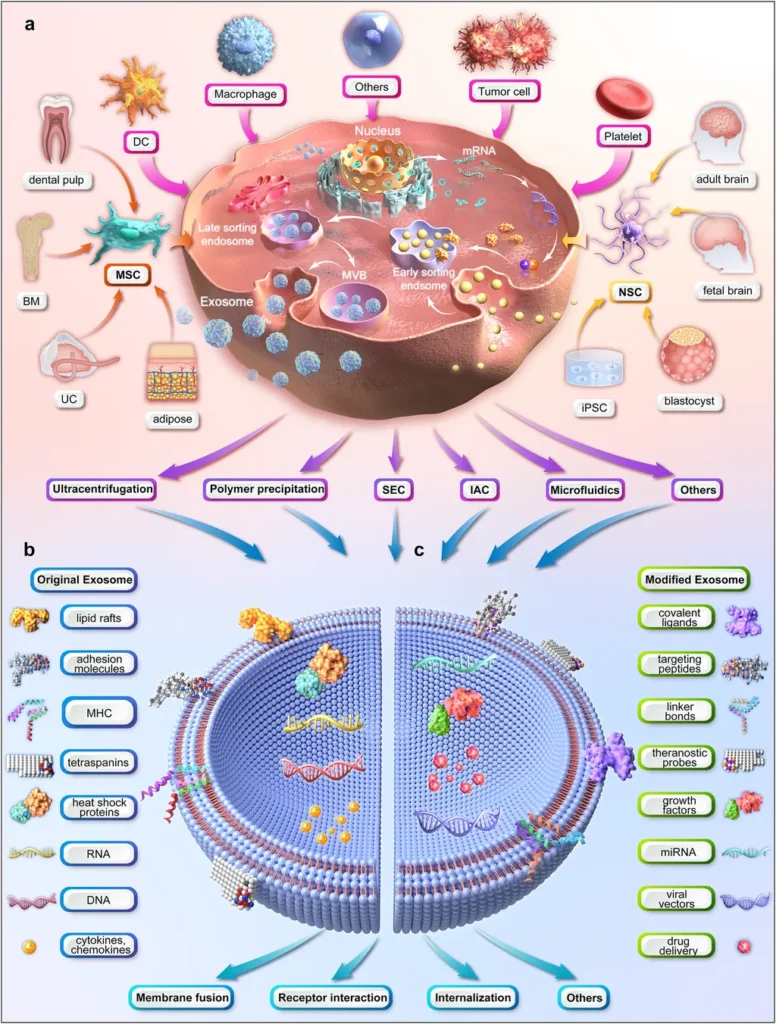In a groundbreaking study published in the *Journal of Animal Science and Biotechnology* (English translation), researchers have uncovered a promising avenue for combating muscle atrophy, a condition often associated with aging and degenerative diseases. The study, led by Minkyoung Kang from the Department of Food and Nutrition at Jeonju University in Korea, explores the potential of bovine colostrum-derived exosomes (BCE) in alleviating muscle degeneration. The findings suggest that BCE could play a significant role in modulating gut microbiota and metabolic homeostasis, offering new hope for individuals suffering from sarcopenia.
Sarcopenia, characterized by chronic systemic inflammation and a decline in muscle quality, has long been a challenge in the medical community. Traditional treatments have often fallen short, leaving patients with limited options. However, the recent study sheds light on the potential of BCE to enhance muscle viability and differentiation while inhibiting markers of muscle atrophy. “Our research indicates that BCE treatment not only enhances the viability of muscle cells but also stimulates myogenic differentiation,” Kang explained. “This is a significant step forward in understanding how we can potentially counteract muscle atrophy.”
The study’s findings are particularly noteworthy given the growing interest in the role of gut microbiota in overall health. BCE was found to modulate the gut microbiome composition, increasing the abundance of beneficial bacteria such as Lachnospiraceae and Muribaculaceae while reducing levels of Bacteroidaceae. These changes were associated with a reduction in cholesterol levels in mice treated with dexamethasone, a steroid known to induce muscle atrophy. “The modulation of gut microbiota by BCE is a crucial aspect of our findings,” Kang noted. “It highlights the interconnectedness of gut health and muscle metabolism, offering a holistic approach to treating muscle degeneration.”
Moreover, the study demonstrated that BCE restored metabolic homeostasis by reversing dexamethasone-induced alterations in key metabolites such as succinic acid and L-Alanine. These metabolites are critical for muscle metabolism and lipid regulation, underscoring the potential of BCE in promoting overall metabolic health.
The implications of this research extend beyond the medical field, with potential commercial impacts for the energy sector. As the global population ages, the demand for effective treatments for sarcopenia and muscle atrophy is expected to rise. The development of BCE-based therapies could open new markets for biotechnology and pharmaceutical companies, offering innovative solutions to address the challenges of an aging population.
The study’s findings also pave the way for further research into the therapeutic potential of exosomes derived from other sources. As our understanding of the role of exosomes in cellular communication and regulation deepens, we may see the development of new treatments for a wide range of conditions.
In conclusion, the research led by Minkyoung Kang represents a significant advancement in the field of muscle atrophy and gut microbiota modulation. By highlighting the potential of bovine colostrum-derived exosomes, the study offers a promising avenue for the development of new therapies and underscores the importance of a holistic approach to health and wellness. As the scientific community continues to explore the complexities of gut microbiota and metabolic homeostasis, the findings of this study will undoubtedly shape future developments in the field.

